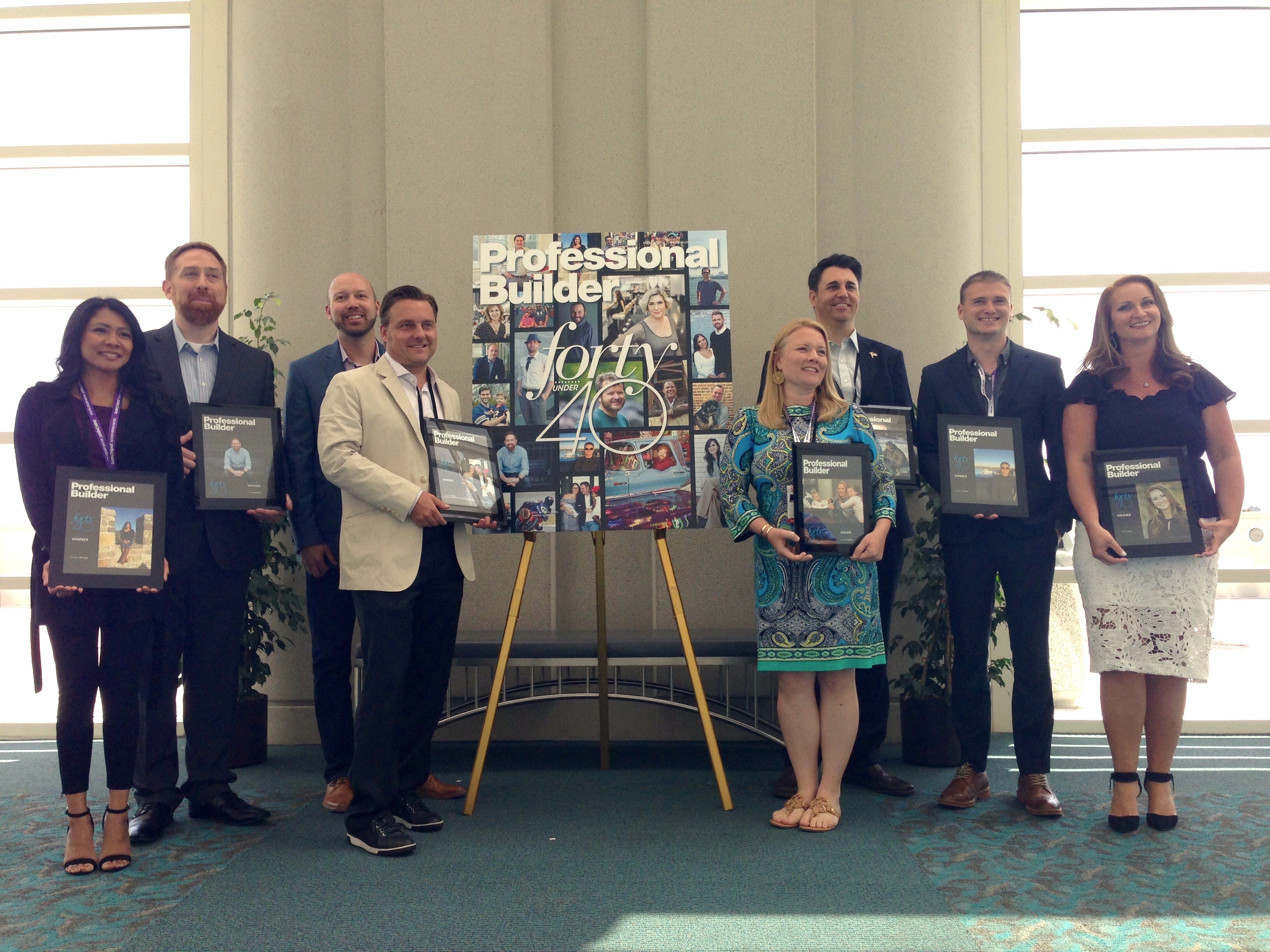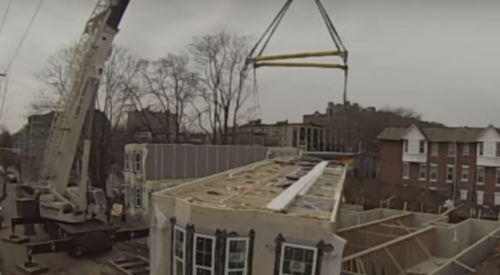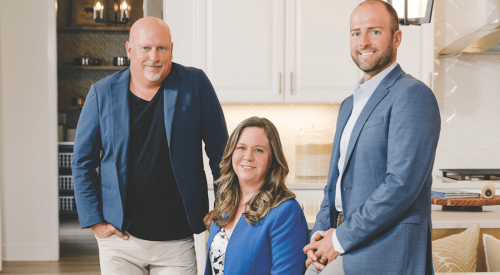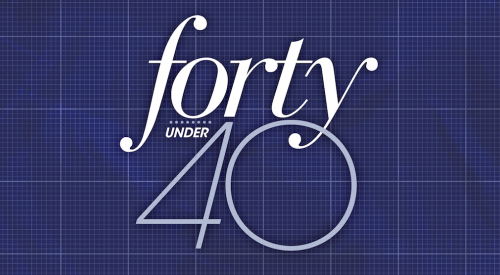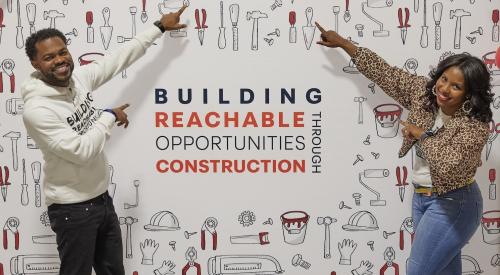The working world is rife with stereotypes about Millennial employees: They’re entitled, they prefer texting to talking, and they want a trophy for just showing up. Generational differences exist, to be sure, and contributor Mike Lyon sheds light on some of them in “A New Age of Talent.” But as Al Trellis, who spoke at Pro Builder’s Under 40 Executive Summit this year, said in his presentation about the tendency to pigeonhole the generations, “Not all Boomers are alike, and neither are Millennials.”
Truer words could not have been spoken about the Summit’s attendees this year. The conference, which is directed at younger home building industry professionals, drew participants from all over the country to San Diego for a housing tour, educational sessions, and networking with their peers, in addition to taking in all that the annual PCBC event had to offer.
And they were amazing. Engaged, savvy, and not at all reticent about saying what was on their minds, the attendees’ titles ranged from project manager to director of business development. And although we lined up an all-star group of industry professionals, including the aforementioned Mike Lyon, to offer some of their hard-earned wisdom to the conference participants, I can honestly say that the attendees taught us a great deal as well (left to right, Elaine Dai; Will Duderstadt; Brad Haigh; Stephen Adams; Julia Reinert; Rich Robinson; Vince Vaughan; Allison King).
And really, how could they not? This year’s class of Under 40 winners who attended the conference already have impressive résumés under their belts. A sampling includes Vaughan Buckley, who formed a construction company with limited construction knowledge and less than $10,000 in savings. Starting out with one home in the first year and less than $200,000 in revenue, he has grown the company’s top line by triple-digit percentages every year since and built more than 100 homes in 2016. Believing in the need for prefabricated construction due to labor shortages and an aging workforce, Buckley is now one of Philadelphia’s largest modular builders.
In 2005, after earning an MBA, Stephen Adams went to work for a large, growing home builder. When the builder declared bankruptcy just three years later, he started his own company. In just its second year the firm closed 45 homes, and Stephen raised enough money to purchase 1,800 lots and began development and construction of 10 communities. Two years later, he sold the business to a public builder for $70 million. Not content to stop there, he’s started a new company with the goal of redefining green by imagining and crafting a new generation of net zero homes.
Elaine Dai began her career at Virginia’s Van Metre Homes as an intern in the marketing department. When the summer ended, Dai asked if she could continue her internship. The company agreed, even though she was still in school and working part-time at her family’s restaurant. She continued at this pace until she finished school and the company offered her a position as a sales representative. From there, she became a sales manager, earning a Rookie of the Year award from the Northern Virginia BIA. Then on to sales supervisor, and now, design studio manager, all the while continuing her education, setting up a companywide sales software system, and sharing what she’s learned by creating a training program for all of the company’s sales representatives.
Every one of the participants I spoke with at the Summit embodied the kinds of values exhibited by those who came before them, the people who have built and managed businesses and developed the craft of home building, and who have made the best companies in our industry what they are today: a thirst for knowledge, for finding a better way to get things done, a willingness to work hard, and last but certainly not least, a desire to build communities as well as houses.
I think the industry is in good hands.
